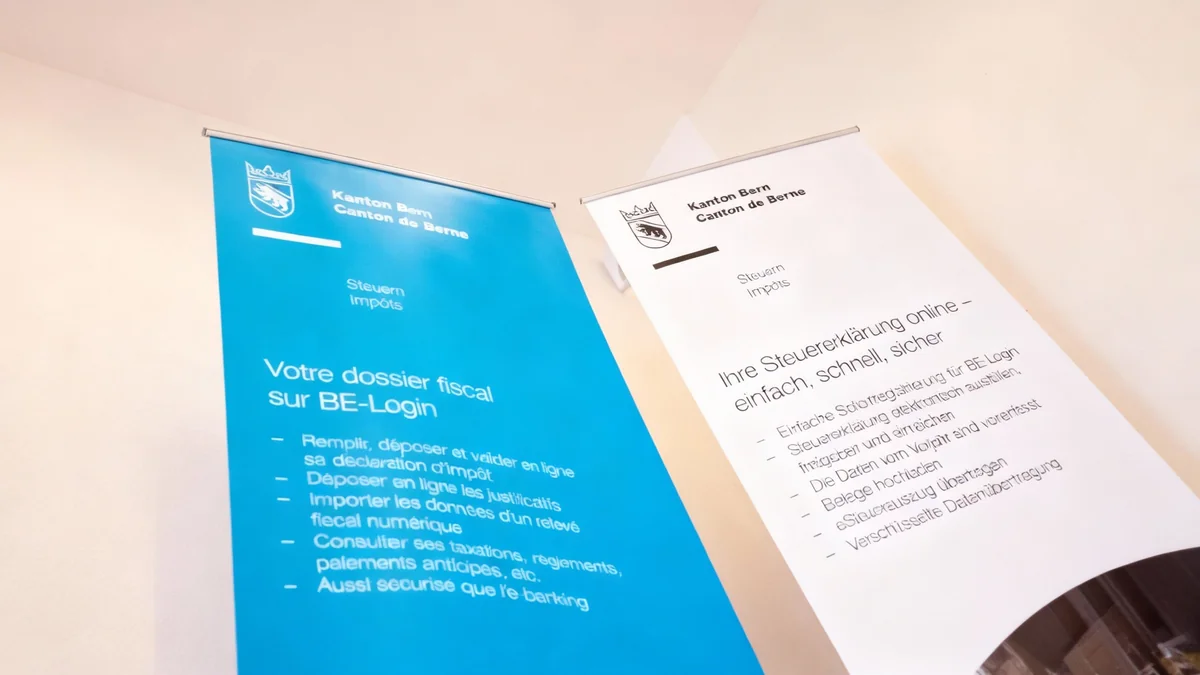Three Swiss municipalities are investing 50 million Swiss francs into Weisse Arena Flims, Laax, and Falera ski resorts. This significant financial move aims to prevent foreign investors from acquiring control of their vital mountain transport infrastructure. The decision will go to a public vote in late October.
Key Takeaways
- Three municipalities will invest 50 million Swiss francs in local ski resorts.
- The investment targets Weisse Arena Flims, Laax, and Falera.
- The primary goal is to prevent foreign acquisition of mountain railways.
- A public vote on the plan is scheduled for late October.
- This action reflects a broader concern about foreign control over Swiss assets.
Protecting Local Ski Operations
The communities of Flims, Laax, and Falera are taking direct action to secure the future of their ski resorts. They plan to invest a combined 50 million Swiss francs. This investment is specifically directed towards the Weisse Arena Gruppe, which operates the mountain railways and other facilities in the region.
This initiative comes amid increasing concerns about foreign entities, such as the American company Vail Resorts, acquiring ownership of Swiss ski areas. Local authorities emphasize the importance of maintaining regional control over these key economic assets.
Financial Commitment
- Total Investment: 50 million Swiss francs
- Contributing Municipalities: Flims, Laax, Falera
- Target Company: Weisse Arena Gruppe
The Threat of Foreign Takeovers
The prospect of foreign investors gaining control of local infrastructure is a sensitive topic in Switzerland. Many communities fear a loss of local identity and influence over critical services and tourism assets. The Weisse Arena Gruppe is a major employer and economic driver for the Flims, Laax, and Falera region.
The proposed investment is a preemptive measure. It seeks to strengthen local ownership and ensure that strategic decisions about the resorts remain in Swiss hands. This approach reflects a national sentiment of preserving local control.
"Our mountain railways are more than just businesses; they are a central part of our identity and economy. We must protect them from external forces that might not share our long-term vision," stated a local official during a recent public meeting.
Public Vote in October
The final decision on this 50 million franc investment rests with the citizens of the three municipalities. A public vote is scheduled for late October. This direct democratic process allows residents to have a say in the future of their local ski resorts and the broader economic landscape.
Public discussions leading up to the vote are expected to focus on the economic benefits of local ownership versus the potential advantages of foreign investment. Supporters of the plan highlight the importance of sustainable development and community-focused management.
Background on Swiss Investment Concerns
Switzerland has seen several debates regarding foreign investment in recent years. There is a general desire to balance economic openness with the preservation of national and local interests. This often involves careful consideration of strategic assets like infrastructure, land, and key industries.
The case of Weisse Arena Flims, Laax, and Falera is not isolated. Similar discussions have occurred in other sectors, reflecting a broader national conversation about managing globalization's impact on local economies and heritage.
Economic Impact and Local Control
The Weisse Arena Gruppe plays a crucial role in the local economy. It attracts thousands of tourists annually, supports numerous local businesses, and provides hundreds of jobs. Ensuring its stability and local orientation is a priority for the municipal governments.
Local control allows for decisions that prioritize community needs, environmental protection, and long-term regional development. This contrasts with potential foreign ownership, which might focus more on short-term profits or different operational strategies.
According to tourism statistics, the Flims Laax Falera region saw over 1.5 million skier days in the last winter season. This highlights the significant economic contribution of the resorts. Maintaining local oversight is seen as key to sustaining this success.
Long-Term Strategy for Tourism
The investment is part of a larger strategy to secure the long-term viability and attractiveness of the ski resorts. This includes plans for modernizing facilities, enhancing visitor experiences, and promoting year-round tourism. The municipalities aim to ensure the resorts remain competitive in the global market.
Furthermore, maintaining local control can foster a stronger connection between the resorts and the local population. This often leads to better integration of tourism development with community life and environmental considerations.
The Broader Swiss Context
This situation in Flims, Laax, and Falera mirrors a wider trend across Switzerland. There is an ongoing national debate about balancing economic growth with the protection of national assets. This includes discussions on foreign ownership rules and government intervention to safeguard strategic industries.
The Swiss model of direct democracy means that citizens frequently vote on such significant financial and strategic decisions. This ensures that the public has a direct voice in shaping the country's economic and social future.
The outcome of the October vote will be closely watched. It could set a precedent for how other Swiss communities approach similar challenges regarding foreign investment in their key industries.




